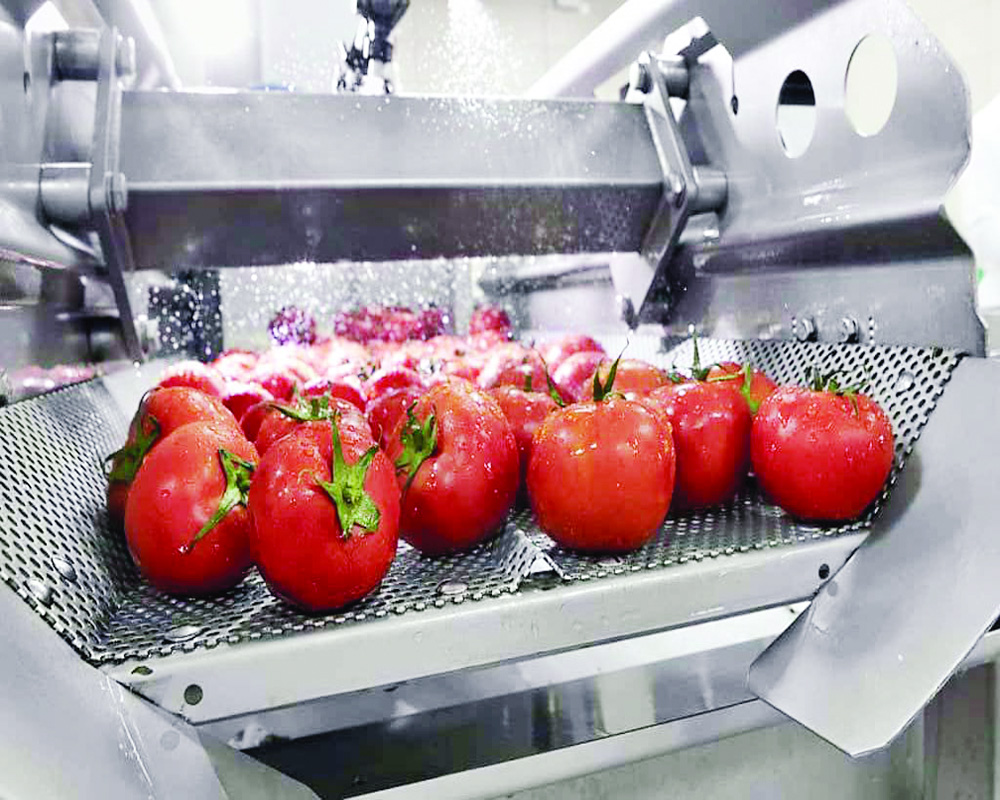On the occasion of World Water Day, chef David Edward Raj shares a few ways in which corporate kitchens can ensure sustainable usage
The last one year of the pandemic brought a major change in the way we live, eat and travel. Going further, one of the primary changes expected in the post-COVID world will be focussed mainly on food safety. While the world will vouch for healthier food options, there will be precautionary steps to ensure that it is safe to consume. In the Indian context, one has to be careful about food and water being safe in most of the cities.
One of the most sure-shot methods to ensure the availability of drinkable water is sustainable usage of the same. In a general situation, some of the widely-preferred concepts are desalination, storm-water harvesting and ensuring optimum use and reuse of water. However, it is different in a corporate kitchen setup. The premium food service companies follow a zero-compromise rule on quality, and hence, invest in water-treatment plants for processing vegetables and salads to be served raw as well as for other usage in food production. However, small-time caterers don’t usually have the capital to invest in something of a similar format, ultimately resulting into risking the health of the employees to germs and infections.
Here are a few ways in which corporate kitchens can ensure a sustainable use:
- Dish washers are installed in majority of corporate kitchens, and consumption of water in the same machine is the highest among all other operations. Using economy setting and washing fully loaded dishwashers and full utilisation of dishwasher racks will make it more efficient with the water it is already using.
- Washing dishes or cutlery under running tap needs to be avoided. Rather, use sink filled with soapy water method to soak dirty plates and then rinse in another sink of clear water.
- In bulk pot wash areas, the use of rinse faucets with shower head would save unnecessary wastage of water. Avoid drying of dirty pots in pot wash, which uses more water than required to clean.
- Using solar heater to use hot water to clean pots, pans and dishes would help in saving water as these equipment are greasy and require hot water for removal of stains.
- Using recyclable and compostable disposable plates and cutlery is another effective way to save water in corporate cafeterias.
- Strictly avoid thawing frozen food under running tap as it’s a criminal waste of water; rather, follow well planned thawing procedure. Using refrigerators would solve the purpose.
- Reducing water wastage by timely maintenance of kitchen taps and pipeline would help.
- In bulk cooking, some practices are traditionally used where water consumption is high. For example, boiling of rice or vegetables in large quantity of water and then draining the leftover. However, rice can be cooked through absorption method as well where no water is wasted in any form. Stock balance post boiling of vegetables can be used in cooking preparations as base stock which will add flavour.
- Use combi-ovens having steam function. They would be helpful to cook vegetables or meat with minimum usage of water.
- Creating ‘water efficiency champions’ among the staff and rewarding them for their achievements in saving its consumption would be highly beneficial.
- Large corporates can also install recycled water treatment plants and route kitchen waste water through these system to use it for restrooms, gardens, irrigation, etc.
Ensuring sustainable usage of water is a must and of growing concern. The corporate kitchens must adhere to all possible means.
(The writer is the Director of Culinary Innovation, Elior India.)


























